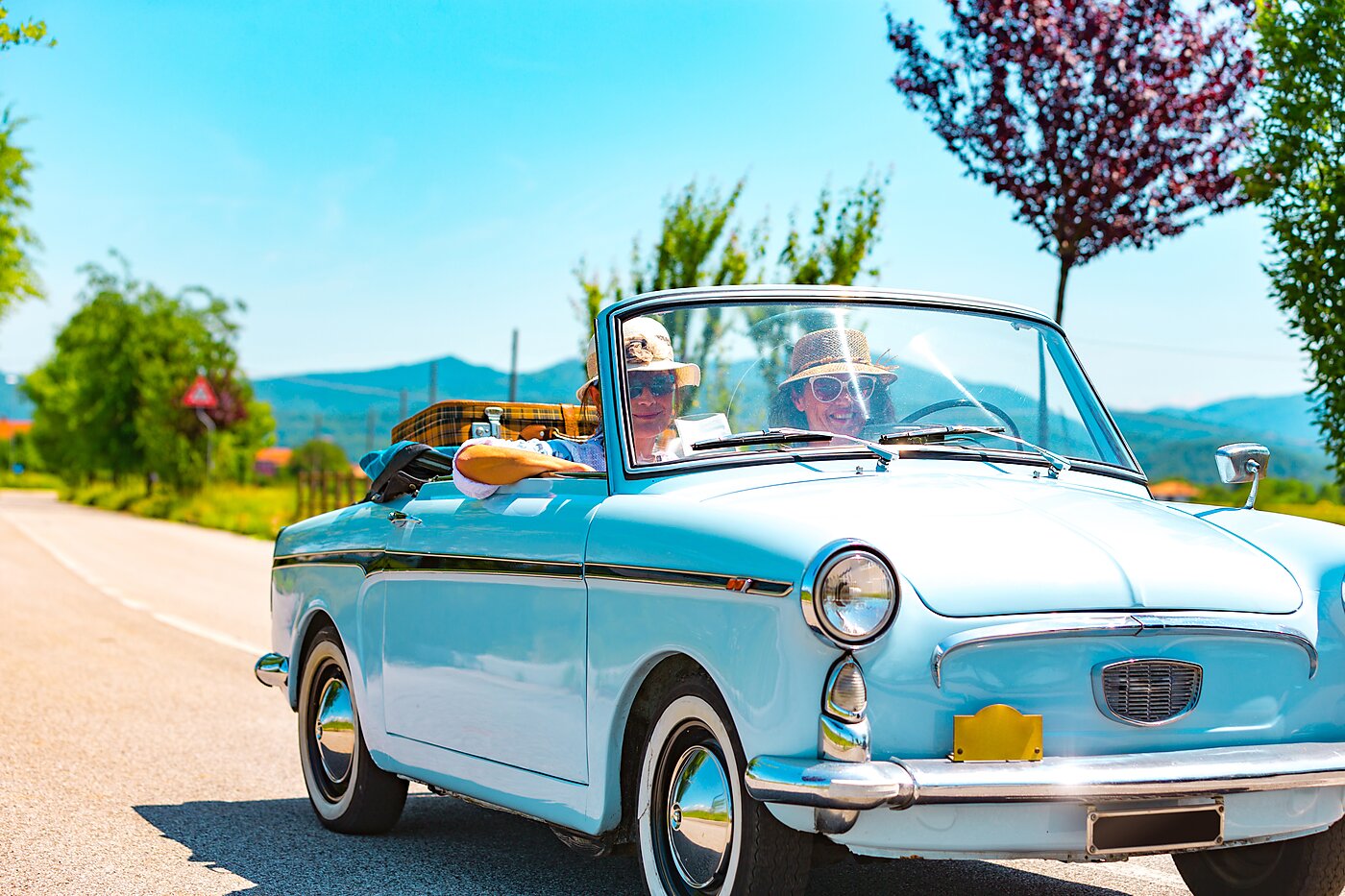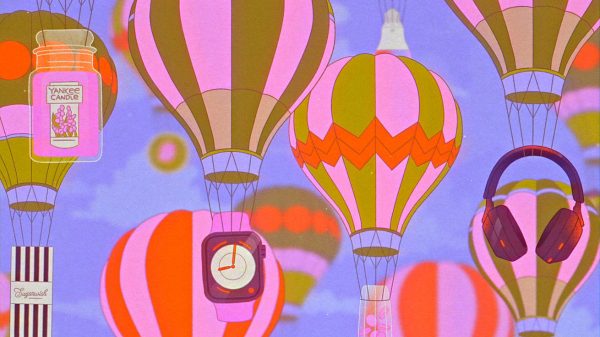For decades auto clubs formed the basis of a thriving system for the provision of group legal services to ordinary Americans. They handled not only property disputes after collisions but often criminal defense, some personal injury practice, and even strategic legal challenges that would benefit their members against practices such as local police‐run speed traps. Then during the Depression of the 1930s competition‐averse bar associations drove the clubs from the field, wielding charges of unauthorized practice of law (UPL). Nora Freeman Engstrom of Stanford Law School and law clerk James Stone tell this nearly forgotten story in a forthcoming Yale Law Journal piece that I highly recommend. Abstract:
In the early 1900s, the country’s 1,100 automobile clubs did far more than provide the roadside assistance, maps, and towing services familiar to AAA members of today. Auto clubs also provided, free to their members, a wide range of legal services. Teams of auto club lawyers defended members charged with driving‐related misdemeanors and even felonies. They filed suits that, mirroring contemporary impact litigation, were expressly designed to effect policy change. And they brought and defended tens of thousands of civil claims for vehicle‐related harm. In the throes of the Great Depression, however, local bar associations abruptly turned on the clubs and filed scores of suits, accusing them of violating nascent legal ethics rules concerning the unauthorized practice of law (UPL). In state after state, the bar prevailed—and, within a few short years, auto clubs’ legal departments were kaput.
Drawing on thousands of pages of archival material, this Article recovers the lost history of America’s automobile clubs, as well as their fateful collision with the bar.… [T]he bar’s concerted campaign decimated a once‐thriving system for the provision of group legal services to ordinary Americans, which, we argue, ultimately consigned millions of individuals with legal problems to face them alone, or not at all.…
In the bar’s relentless campaign to shutter auto clubs, not because they harmed members but, rather, because they threatened lawyers’ livelihoods, we unearth direct proof that today’s UPL bans, which continue to stymie the delivery of affordable legal services, have fundamentally rotten roots. And ultimately, we show that the present‐day access‐to‐justice crisis—a crisis that dooms the vast majority of Americans to navigate complex legal processes without any expert assistance—isn’t a product of inattention or inertia. The crisis was, rather, constructed by the legal profession of which we are a part.
Were lawyers provided by auto clubs less competent or less ethical than their independent‐practice counterparts? Most of their customers didn’t seem to think so. In fact, the Chicago Motor Club argued (in vain) that its staff lawyers actually worked under better ethical incentives, because they didn’t earn more if a case dragged on, nor did contingent compensation give them a reason to win at all costs.
Unauthorized practice of law rules are a keystone of contemporary occupational licensure in the American legal profession. This paper should help put them under overdue scrutiny.






























